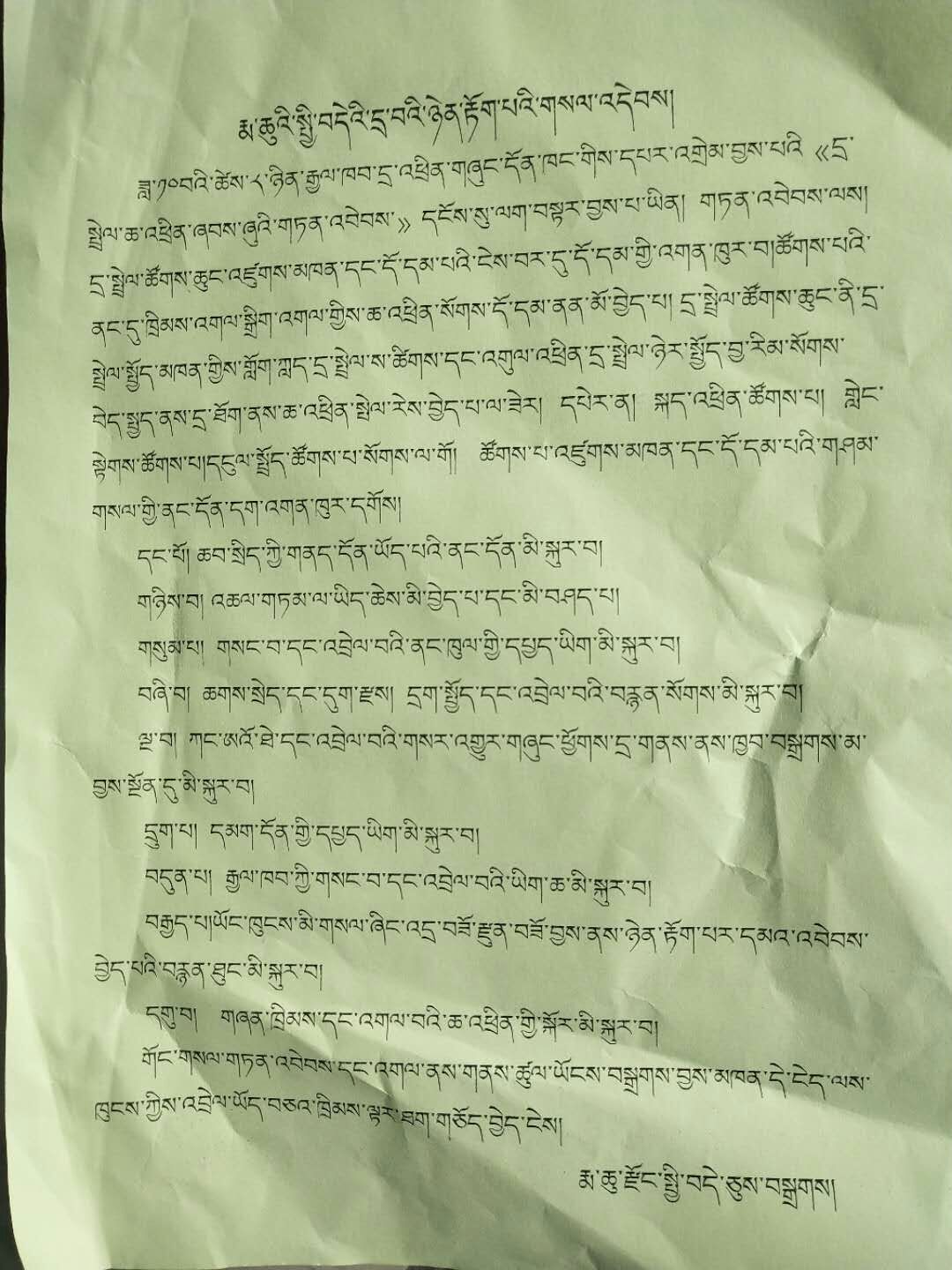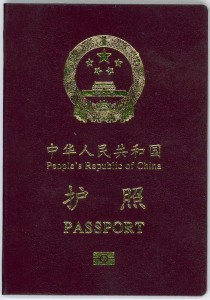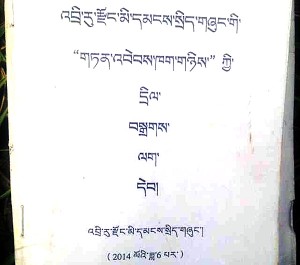
The Tibetan Centre for Human Rights and Democracy (TCHRD) has obtained a copy of a Chinese government document that announces the implementation of vague and broadly defined rules on internet censorship in Tibet.
Issued for public notice by the Machu (Ch: Maqu) County Public Security Bureau (PSB) located in Kanlho (Ch: Gannan) Tibetan Autonomous Prefecture, Gansu Province, the document in Tibetan contains a list of instructions to online chat group administrators and owners of public online accounts on how to conduct self-censorship.
The notice, that took effect on 8 October, contains rules that are local version of two new regulations released on 7 September by the Cyberspace Administration of China (CAC). Both the “Management Regulations on Online Public Accounts” and “Management Regulations on Internet Groups” provide that the regulations were passed to “promote the healthy and orderly development of online community” and “uphold the socialist core values.”
To be implemented by the Machu County Internet Police, the notice orders all online chat group administrators and owners of public online accounts to be responsible for “strictly regulating” their group members and the information they post. They are also made responsible for strictly preventing the spread of ‘illegal’ contents on the internet. The notice covers all online groups such as those that provide information including text, picture, audio and video to the public through any registered online platform as well as online chat groups, social media, and instant messaging apps.


